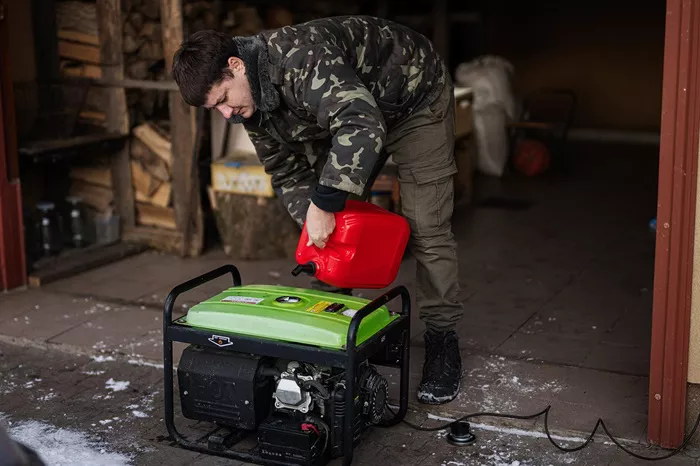HOUSTON (Covering Katy News) — In a move to enhance the safety of its senior residents, Harris County has introduced a new regulation requiring nursing homes and assisted living facilities to install backup power generators for heating and cooling. This mandate addresses a significant gap in state regulations, particularly in a state with the third-largest senior population in the United States.
The regulation, unveiled on Tuesday, marks the first county-level mandate of its kind in Texas. Harris County’s large elderly demographic, coupled with its ranking as the third-highest state in terms of nursing facility populations, made the measure a critical step forward in safeguarding vulnerable residents.
“These backup generators will help save lives and protect our seniors and most vulnerable residents,” said Lesley Briones, Harris County Precinct 4 Commissioner, whose district includes Katy.
While Texas has one of the largest elderly populations in the country, state law does not currently require nursing homes or assisted living facilities to have backup generators for heating or cooling systems. Existing state rules only mandate that new nursing homes have generators for basic operational functions, and there are no generator requirements at all for assisted living facilities.
The new regulation, which will impact approximately 120 facilities within Harris County, aims to address the risks posed by prolonged power outages during extreme weather events, particularly during the summer heat or hurricane season.
Harris County Fire Marshal Laurie Christensen highlighted the vulnerability of these facilities during such outages, pointing to the aftermath of Hurricane Beryl in July 2024, when 14 nursing homes and 30 assisted living facilities lost power. Tragically, at least one resident died due to the extended power disruption.
“In the next oppressive heat or hurricane, backup systems will be in place here in Harris County,” Christensen said. “We are setting higher standards of protection and safety, and we’re taking the lead in ensuring our vulnerable populations are better protected.”
Although the ordinance has received widespread support, some facility operators have expressed concerns over the financial burden of retrofitting buildings with backup generators, especially among smaller providers. In response, Christensen assured that the county would collaborate with facilities to assist in meeting the new requirements.
The new rule grants facilities until the end of 2025 to comply with the backup power mandate.

